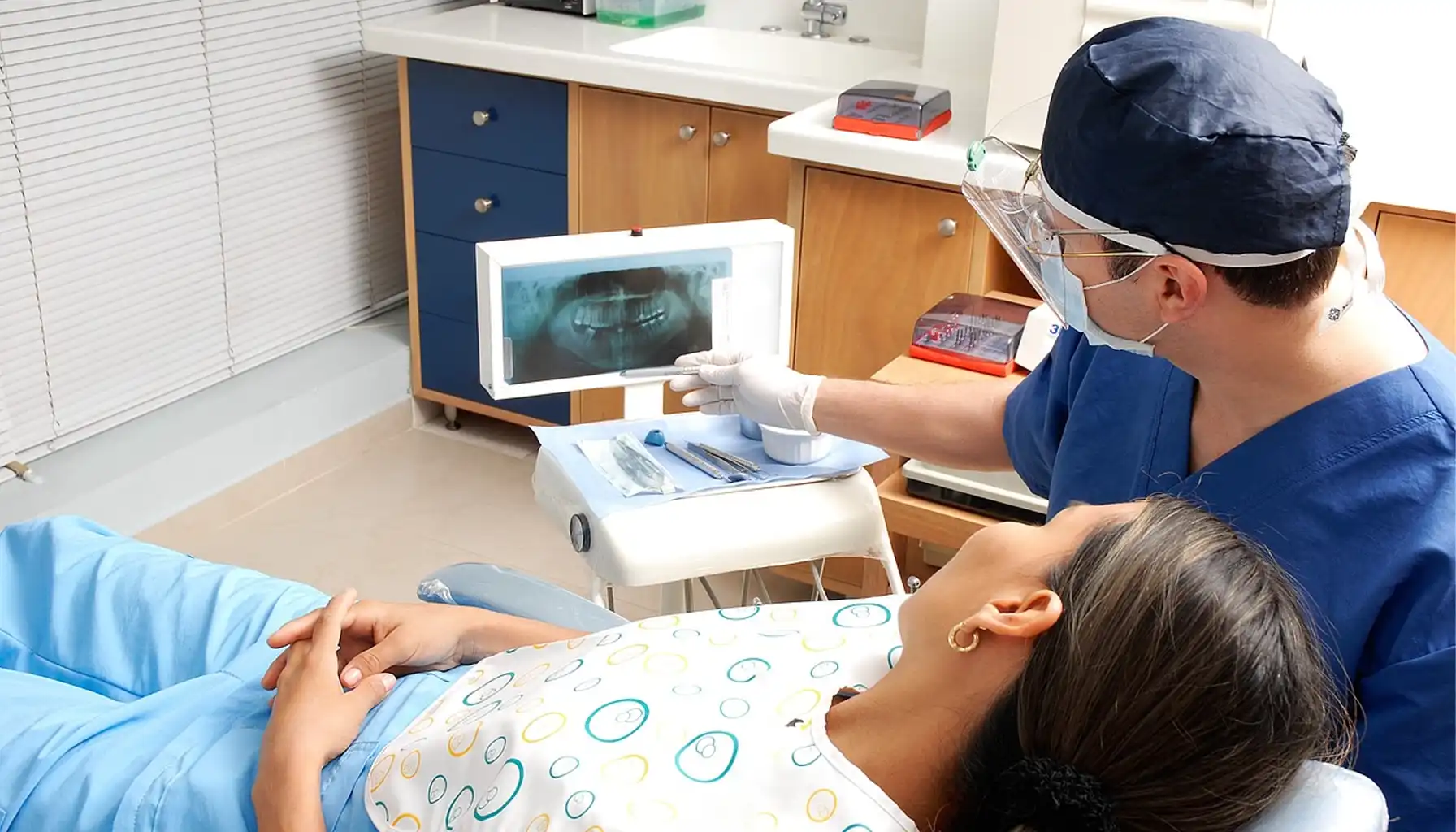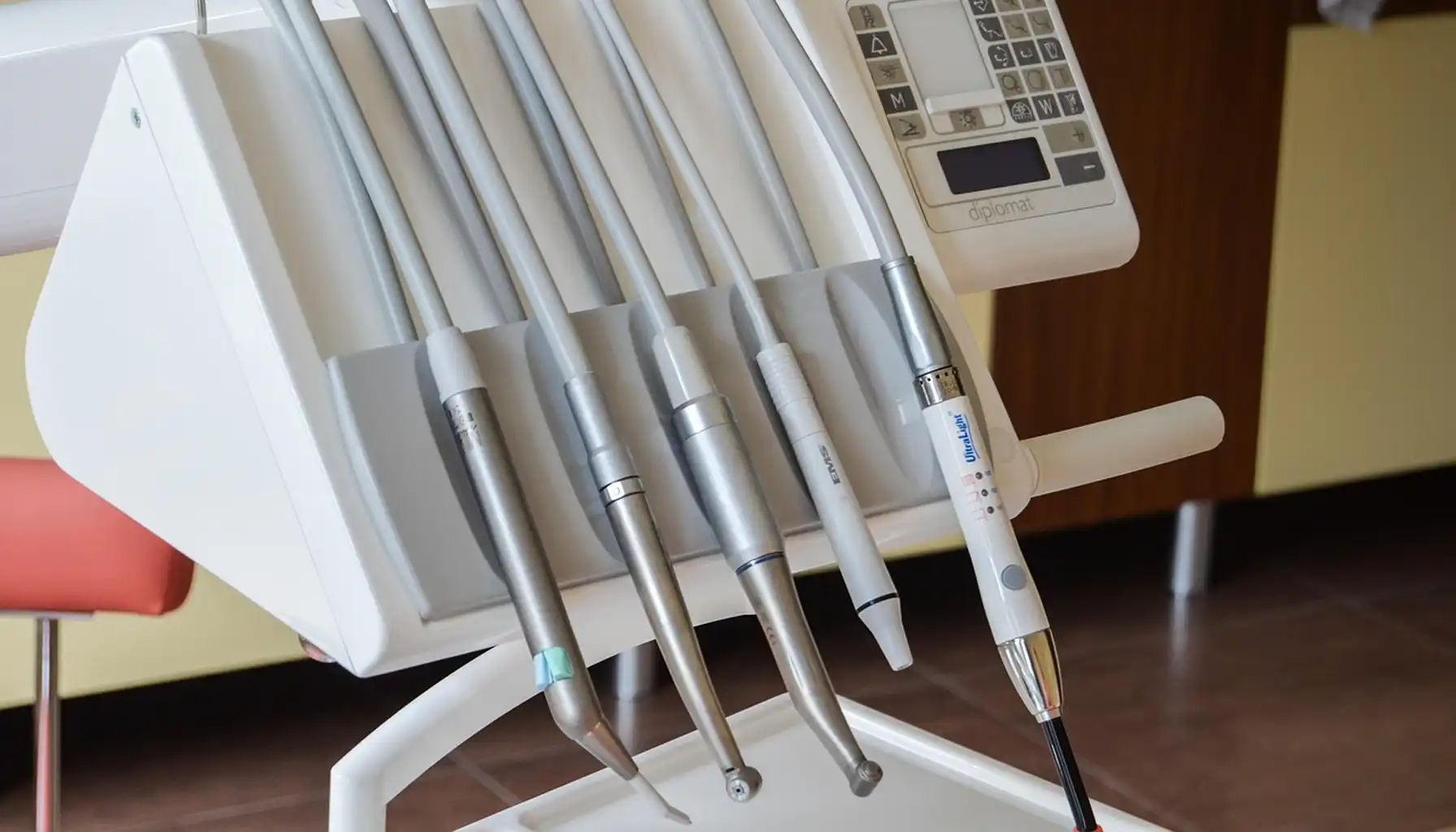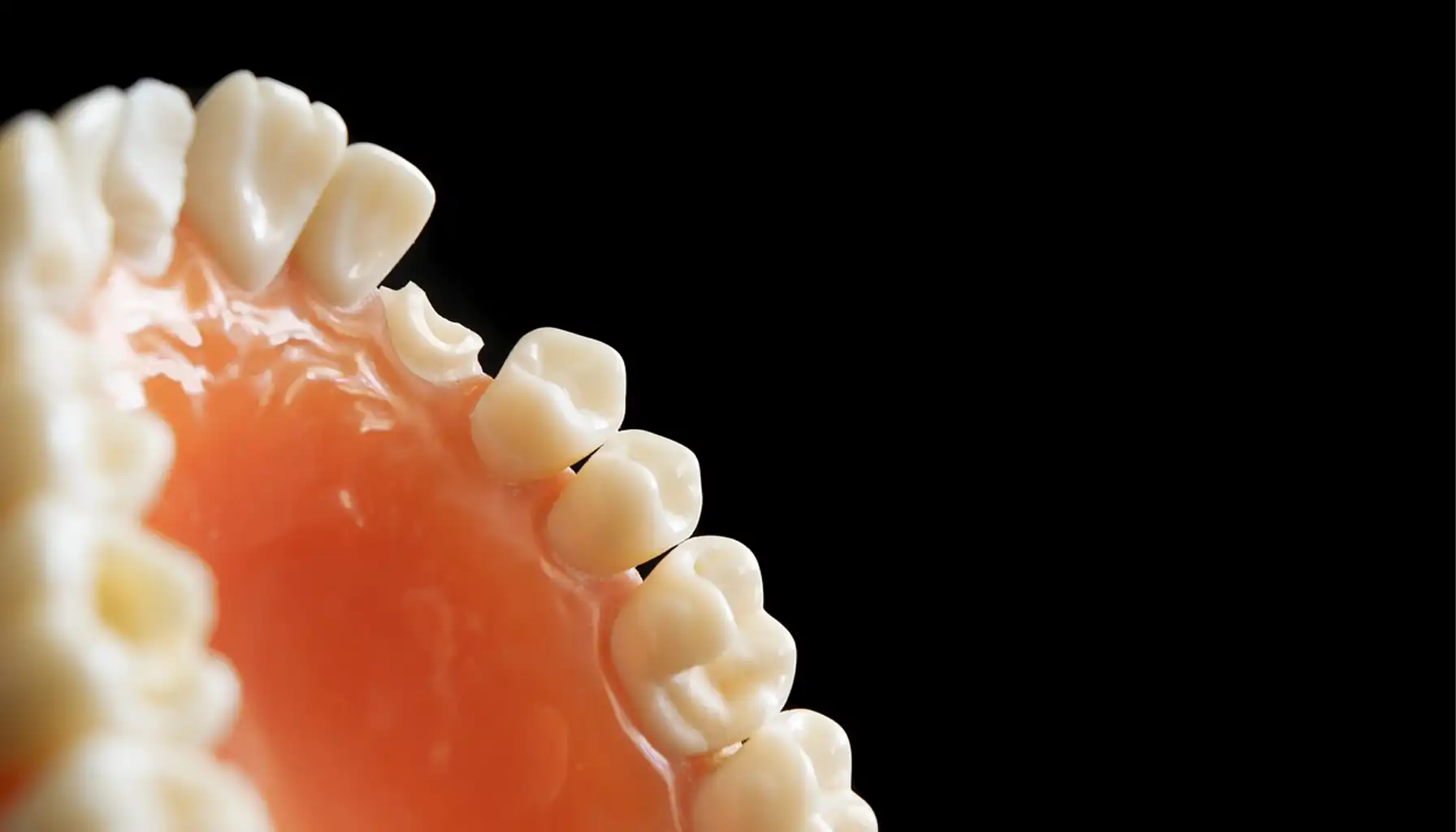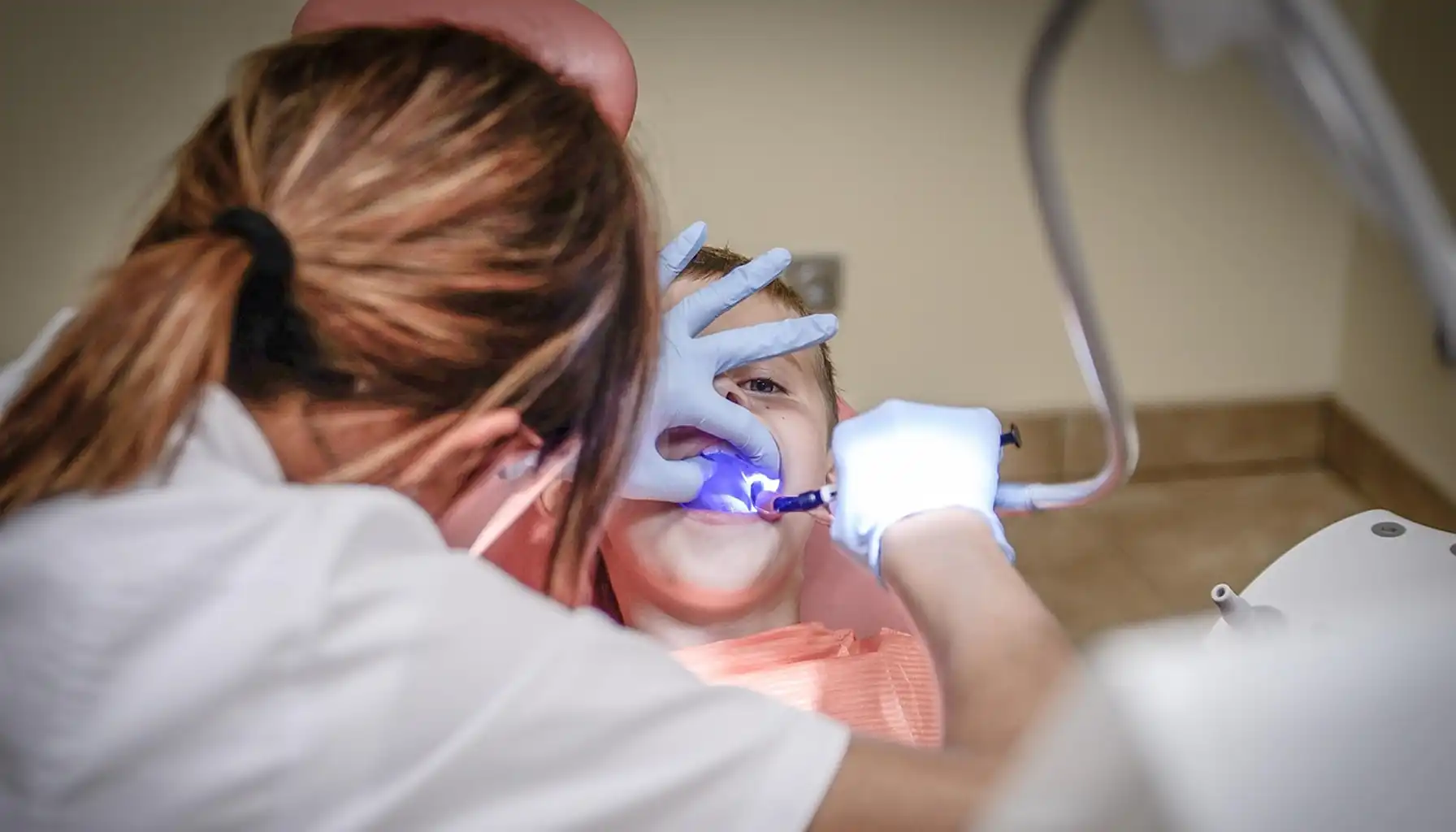Contents:
- Dentophobia Definition and Meaning
- Dental Anxiety and Phobia: Key Features
- Symptoms of Dentophobia
- Causes of Dental Anxiety
- Prevalence and Statistics
- Triggers and Associated Fears
- Modern Dentistry and the Fight Against Dentophobia
- Diagnosis and Assessment of Dentophobia
- Coping Strategies
- Risk Factors and Related Disorders
- Practical Advice for the Dental Appointment
- Treatment Approaches
For many, a visit to the doctor is a common worry, but when it comes to the dentist, this fear becomes much stronger and more tangible. Dental anxiety may seem like a “harmless habit of postponing treatment,” but in fact it leads to serious consequences — from tooth decay to systemic diseases. In severe form, a condition known as dentophobia can develop, when even the thought of visiting a doctor causes panic and complete avoidance of procedures.
When a person begins to understand where their fears come from, this helps not only to restore health, but also to feel in control of their life again. And although the roots of anxiety are different — from childhood memories to painful experiences — there are approaches to help. Among them are cognitive techniques, gradual exposure practices, and, importantly, support from loved ones.
Sometime,s even simple brain training exercises are useful, which help strengthen attention and relieve stress.

Dentophobia Definition and Meaning
What Does Dentophobia Mean for Patients?
Dentophobia meaning covers not just anxiety, but irrational, excessive fear. People with this condition can endure a toothache for weeks, just to avoid going to the dentist. Unlike mild anxiety, here a full range of physiological reactions is triggered: the pulse quickens, the head spins, and nausea occurs.
Dentophobia Definition in Clinical Practice
From a psychological point of view, dentophobia is classified as a specific phobia. This means that there is a specific object of fear — dental procedures. Unlike generalized anxiety, symptoms appear specifically when thinking about treatment or a visit to a clinic.
Dental Anxiety and Phobia: Key Features
What is Dental Anxiety?

When talking about dental anxiety, most often they mean ordinary anxiety before treatment. A person comes to an appointment, but feels tense, jokes, or tries to distract himself. In a mild form, this condition occurs in every other patient.
Dental Fear and Anxiety in Daily Life
The combination reflects a broader spectrum. It’s not only the fear of pain or injections, but also anxiety from the atmosphere of the office, the expectation of a diagnosis, and loss of control. All this turns a visit to the dentist into a source of stress and pushes a person to avoid treatment.
Symptoms of Dentophobia
Common Symptoms
Common dental anxiety symptoms include:
shaking and sweating;
rapid heartbeat;
feeling short of breath;
dizziness or nausea;
urge to leave the office immediately.
Psychological Signs
In addition to physical signs, dentophobia symptoms affect the psyche:
insomnia before the visit;
panic attacks;
obsessive thoughts about possible complications;
avoidance of conversations about dentistry.
This creates a vicious circle: fear leads to missed appointments, and missed appointments lead to deteriorating health, which only increases anxiety.
Causes of Dental Anxiety
What Causes Dental Anxiety?
Factors that explain this include:
negative experiences in childhood;
painful procedures without anesthesia;
stories from others about unsuccessful treatments;
mistrust of the doctor or a feeling of loss of control;
personal vulnerability to stress.
If in the family the parents avoided dentists or openly talked about their fear, the child often adopts this pattern. Such social “inheritance” strengthens anxiety, making it part of the everyday mindset.
Prevalence and Statistics
How Common is Dental Anxiety?
The issue remains a subject of research. On average, about a third of adults report experiencing stress before visiting a dentist. In about 10-12%, this fear is so severe that it interferes with treatment.
How Common is Dentophobia in Society?
When asked about phobias, researchers talk about smaller numbers — about 3% of adults. But they are the ones who most often completely avoid appointments, which leads to severe cases and serious conditions.
Triggers and Associated Fears
Dentophobia Dental Phobia Triggers
Classic triggers include:
the sight of a syringe or needle;
the sound of a drill;
the smell of medication;
the doctor’s closeness to the patient’s face;
the fear of choking or suffocating during the procedure.
Often, dental anxiety related to the dentist is based on personal relationships. If the doctor was inattentive, didn’t explain the actions or did not take into account requests, anxiety increases. On the contrary, a trusting relationship with the doctor reduces the risk of developing panic.

Modern Dentistry and the Fight Against Dentophobia
Technological Progress in Dentistry
This area of medicine cannot be considered without modern technologies. Digital dentistry makes procedures shorter and more comfortable:
3D scanners replace impressions, eliminating discomfort;
laser technologies allow treating caries without a drill;
computer anesthesia delivers the drug precisely and practically painlessly;
VR glasses and audio accompaniment distract the patient.
What Does Dentophobia Mean in the Future?
With the development of technology, the image of the "scary doctor" is gradually changing. More and more people are convinced that a visit to the dentist can be quick and safe. This gives a real chance to ease anxiety for younger generations and slowly break down the old stereotypes tied to dental treatment.
Diagnosis and Assessment of Dentophobia

Psychiatric diagnosis helps to clarify. Doctors rely on the DSM-5 criteria: the presence of avoidance, disproportionate reaction, and duration of symptoms for more than six months.
There are no specific tests; the diagnosis is based on a conversation. The doctor tries to understand how much fear affects daily activities and checks whether it’s associated with other difficulties, such as depression or post-traumatic stress disorder.
Coping Strategies
How to Deal With Dental Anxiety Daily
Among the practical dental anxiety solutions are:
practice breathing exercises;
use music or podcasts in the chair;
agree with the doctor beforehand on a “pause signal”;
visit the clinic in the morning hours, when there is less noise.
hypnotherapy to reduce negative associations;
meditation and yoga;
use of a weighted blanket during the procedure;
visualization of calm scenarios.
training attention and memory with Mind Elevate brain training exercises to improve emotional control.
A gradual approach is the key to overcoming dental anxiety. A person can start with a consultation without treatment, then move on to an examination, and only then to procedures. This “ladder method” restores a sense of control.
Risk Factors and Related Disorders
Risk factors include:
female gender (women report fear more often);
adolescence;
presence of other phobias or anxiety disorders;
family history of avoiding doctors.
Sometimes dental anxiety and phobia are accompanied by other conditions, from panic attacks to obsessive rituals. In rare cases, anxiety is exacerbated by diagnoses such as emotionally unstable personality disorder, and controlling behavior is difficult.

Practical Advice for the Dental Appointment
plan visits in advance;
take a loved one with you;
note progress after each appointment;
discuss triggers openly with the doctor.
Children especially need support: positive stories, playing “dentist” at home, and explaining procedures in simple terms. This reduces the risk of developing persistent fear in adulthood.
Treatment Approaches
Today's practice views dentophobia treatment not as a simple "symptom relief", but as a complex process. Psychotherapy is the basis, and medications or sedation are used only where anxiety is too strong. Doctors emphasize: it is important not only to temporarily suppress fear, but also to learn to control it.
Cognitive behavioral therapy is often used — it helps to recognize automatic anxious thoughts and gradually replace them with more realistic and calm scenarios. When a rational explanation appears instead of panic images, anxiety decreases, and a sense of control is restored.

Looking Ahead with Confidence
Living with such fear is hard, but it does not block the path to a full life. Modern approaches - from psychotherapy to relaxation techniques and trust in loved ones - make it possible to regain self-confidence.
Let the steps be small: a deep breath in a chair, a short conversation with a doctor, music in headphones. Repeated day after day, they turn into a reliable foundation of calm and help restore the simple joy — to smile without unnecessary tension.





